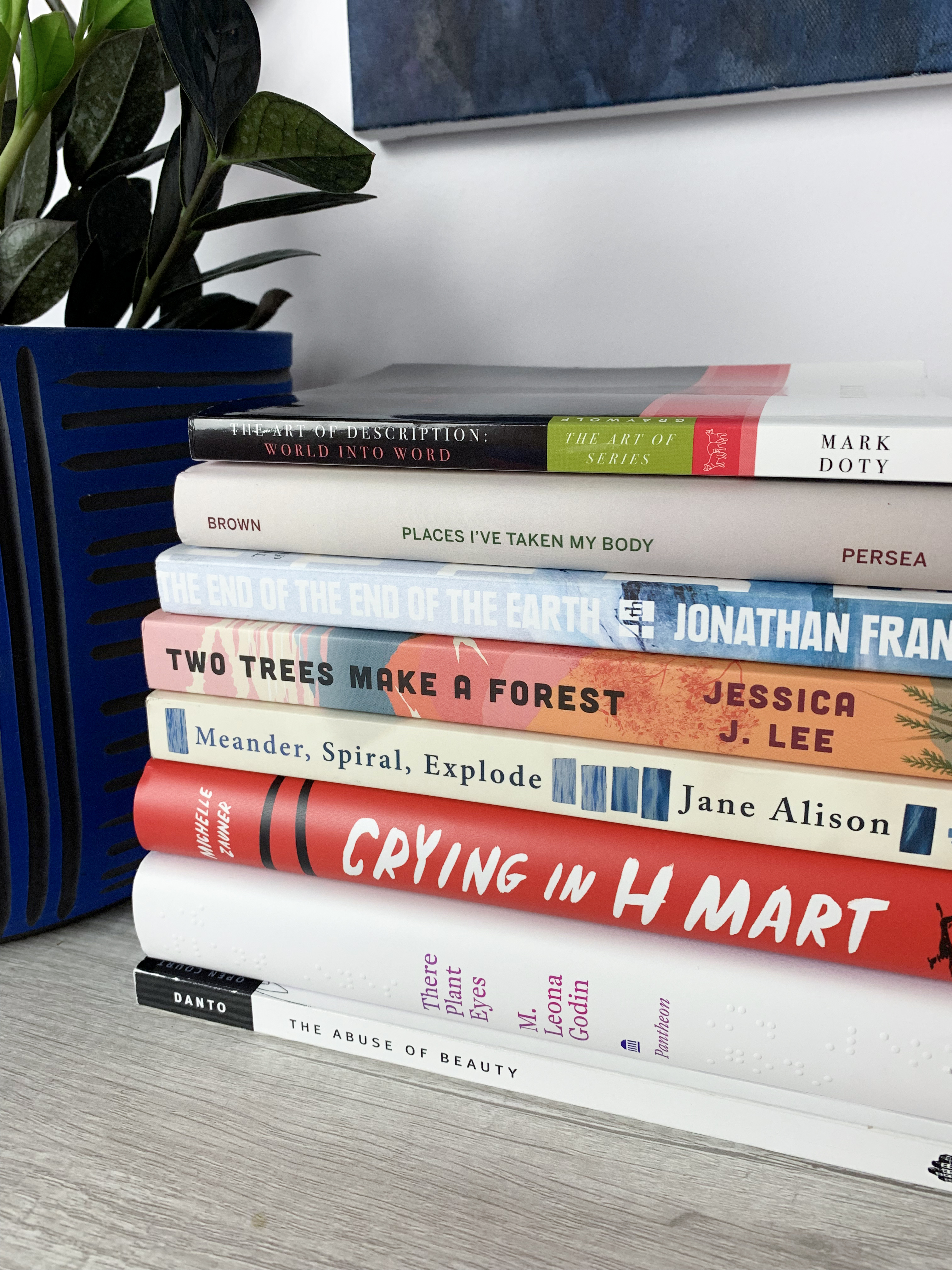
July was a big month for me. Not only did I read eight books, but more importantly, I wrapped up the first draft of my book proposal! I set a goal at the start of the summer to be done with the first draft by the end of July (so I could focus on editing in August) and I’m feeling so proud of myself for hitting that goal! I don’t think I would have accomplished that without all the reading I did in July – some good reading really fortified me and a few key books on writing helped me when I was stuck. I also read my favorite book of the year so far in July. (You’ll have to read on to find out which one that was.)
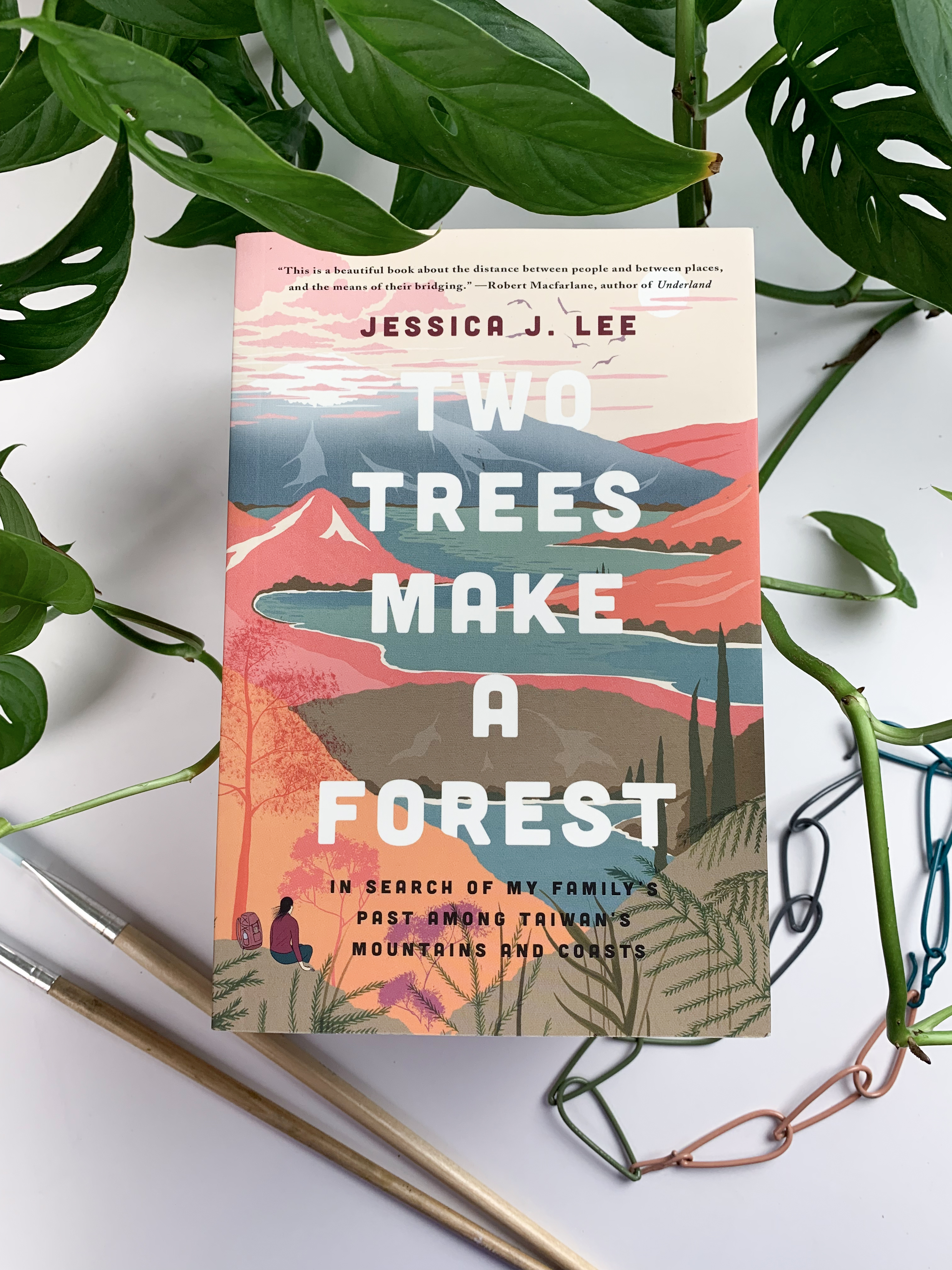
I mentioned last month that one of my reading focuses was books that embody the writing style I want to capture (a lot of which are nature writing) and my first read of the month, Two Trees Make a Forest by Jessica J. Lee, definitely fit that bill. I loved everything about this book, which blends nature writing with memoir and the story of Lee’s family in Taiwan, and in most other months, it would have been my favorite thing I read. I think what I loved most about this book was how much I learned while also getting to enjoy some really beautiful writing. Definitely a goal I have for my book, and why I would highly recommend Two Trees Make a Forest to anyone.
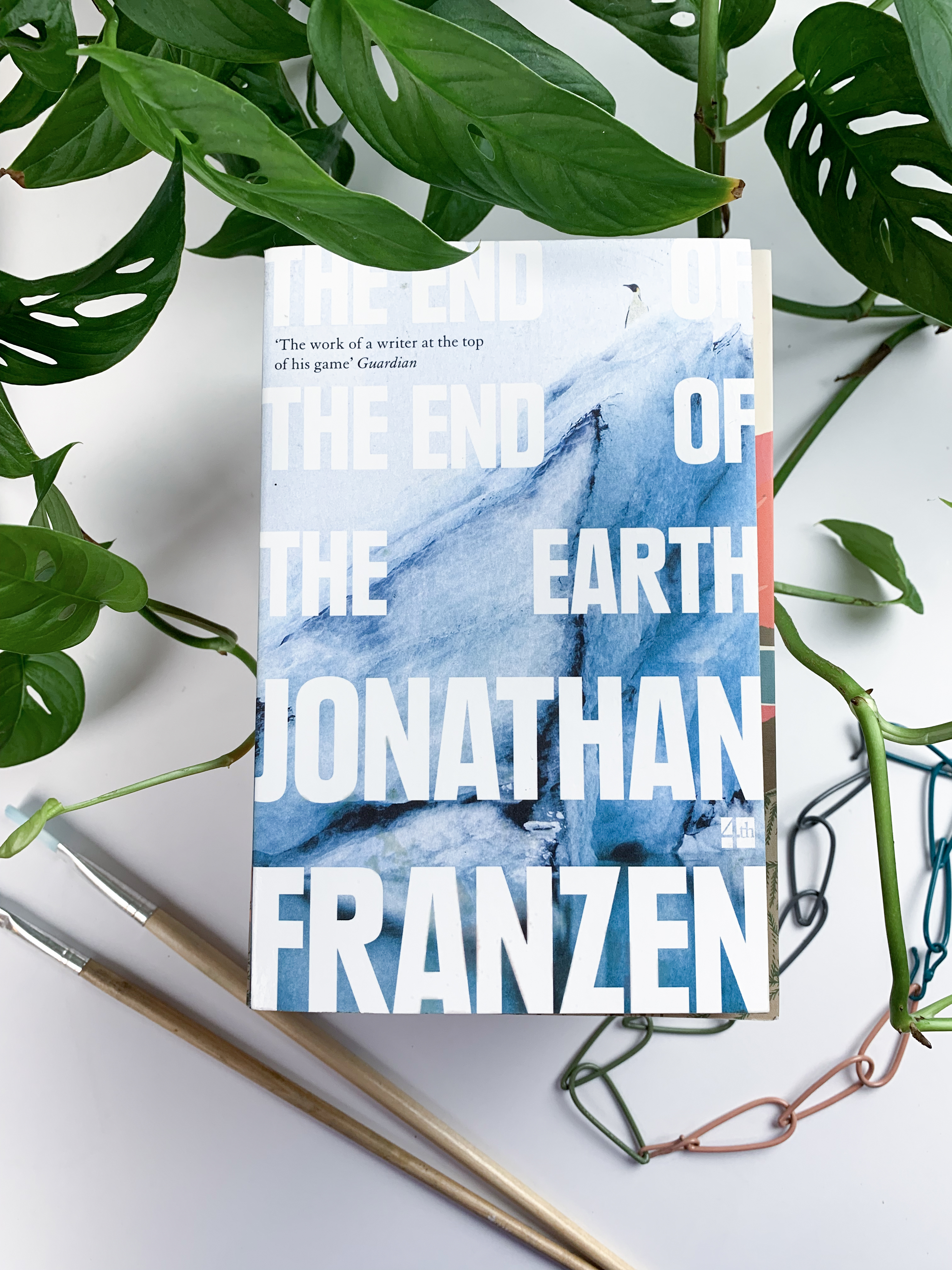
One of my other reading goals for the month was to seek out a few collections of essays, as that’s the format my book is going to take as well. What drew me to Jonathan Franzen’s The End of the End of the Earth was that the first essay in book was about, well, essays and their role in our modern times. That essay did not disappoint, and I found the rest of the essays fascinating as well. I tore through the book while we were camping over the long 4th of July weekend, and it was a pleasant and interesting way to pass the weekend.
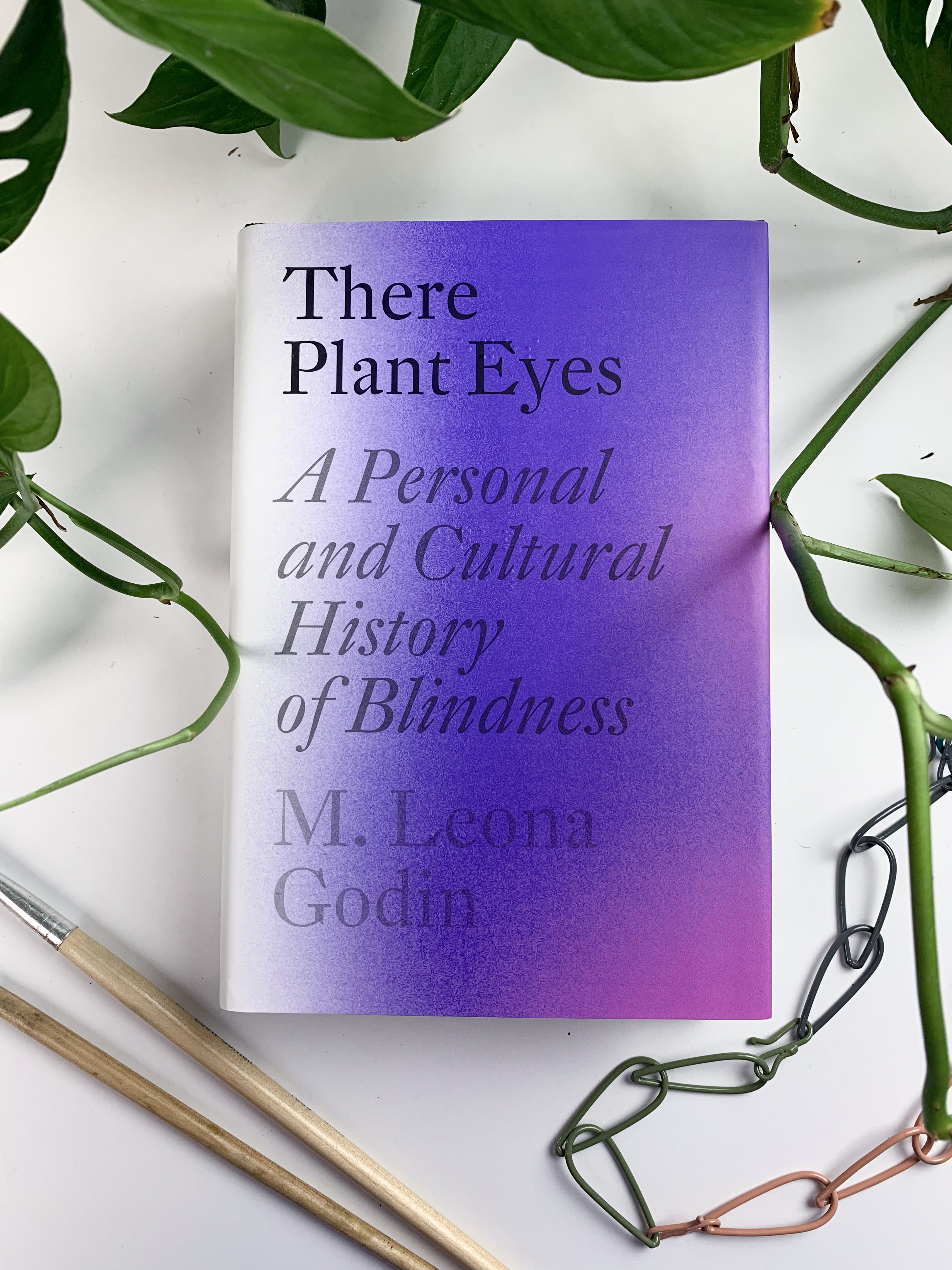
I’ll admit that I was drawn to There Plant Eyes by M. Leona Godin when the words “plant” and “eyes” jumped out me from a bookstore shelf and even more intrigued when I felt the texture on the cover, which after reading the subtitle, A Personal and Cultural History of Blindness, I realized was braille. And holy shit, am I so glad this book found me, because it is hands down my favorite book I’ve read this year, and a book I would highly recommend everyone read. First off, I loved that Godin takes on the idea of ocularcentrism in our culture, something I’ve been interested in ever since my undergrad thesis on sensory jewelry. Second, Godin’s writing is amazing, weaving together her personal story with research and literature. And most importantly, she argues so persuasively about the importance of reading about the blind experience from people who are actually blind and visually impaired. In doing so, she takes down so many stereotypes about blindness in our culture and helped reframe the way I think about blindness, sight, and the senses. This is hands down a book I see myself coming back to again and again, and I have a feeling it will inform parts of my book going forward as well.
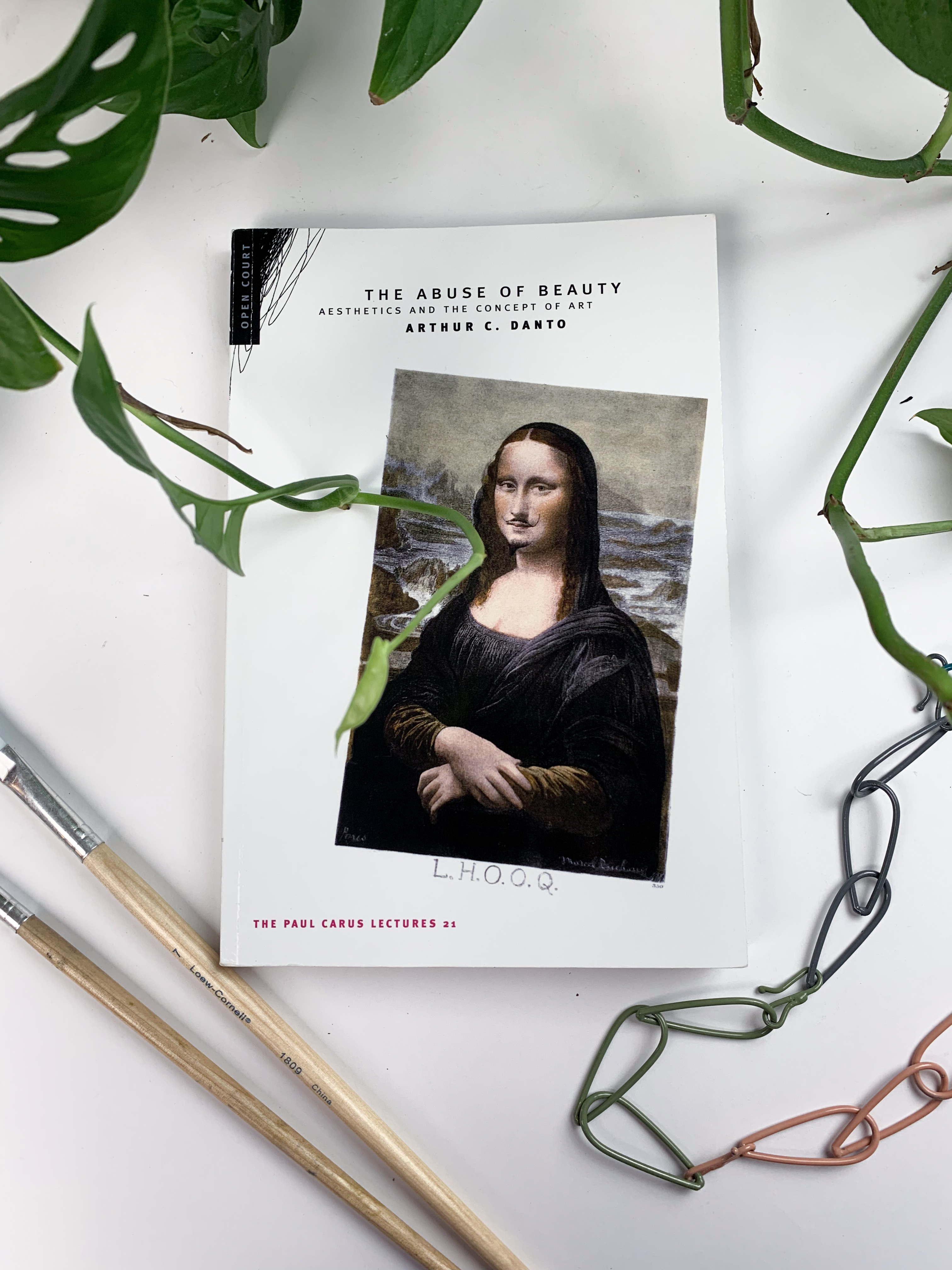
Despite working on a book proposal about art, I only read one art-related book this month: The Abuse of Beauty by Arthur Danto. I’ll admit I read this book with the intention that it would give me some angry fuel for my writing, and it did not disappoint. There were certainly parts I agreed with, but as expected, there was definitely some of that elite art world bullshit I’ve been railing against online and in my book proposal. Fortunately, my time reading it wasn’t wasted, as it sparked lots of ideas for future writing, but I can’t say I would recommend this book unless you’re deep in art world research mode like I am.
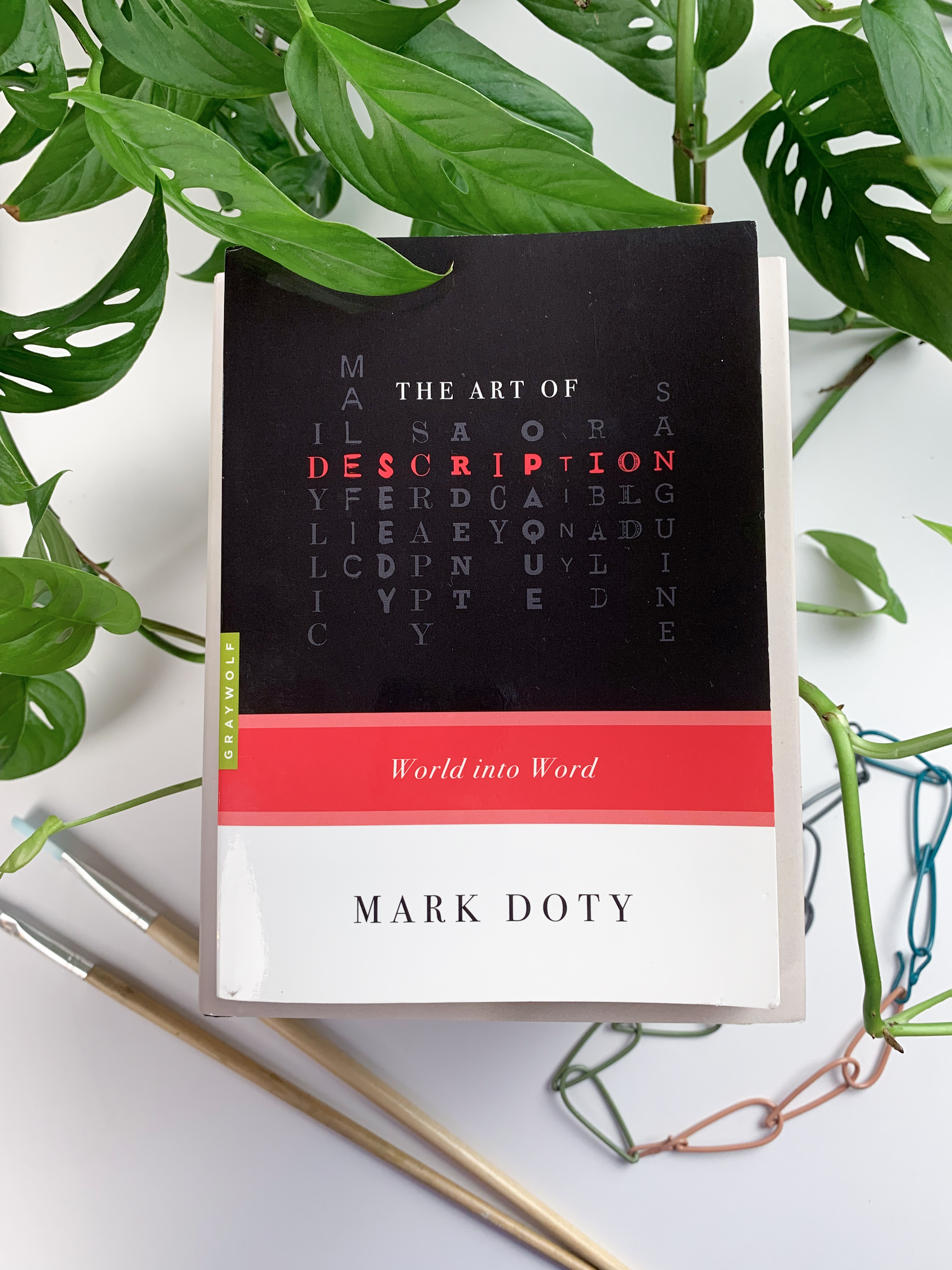
Midway through the month, I’ll admit I got a little stuck in my writing, but luckily I found a few books to get me unstuck. The first was The Art of Description by Mark Doty. After reading Doty’s Still Life with Oysters and Lemon last month, I was excited to discover he had a book about writing. Technically, The Art of Description is a book about poetry, but with Doty’s lyrical writing, it really is perfect for anyone who wants to write description (a key part of my book) that isn’t dry.
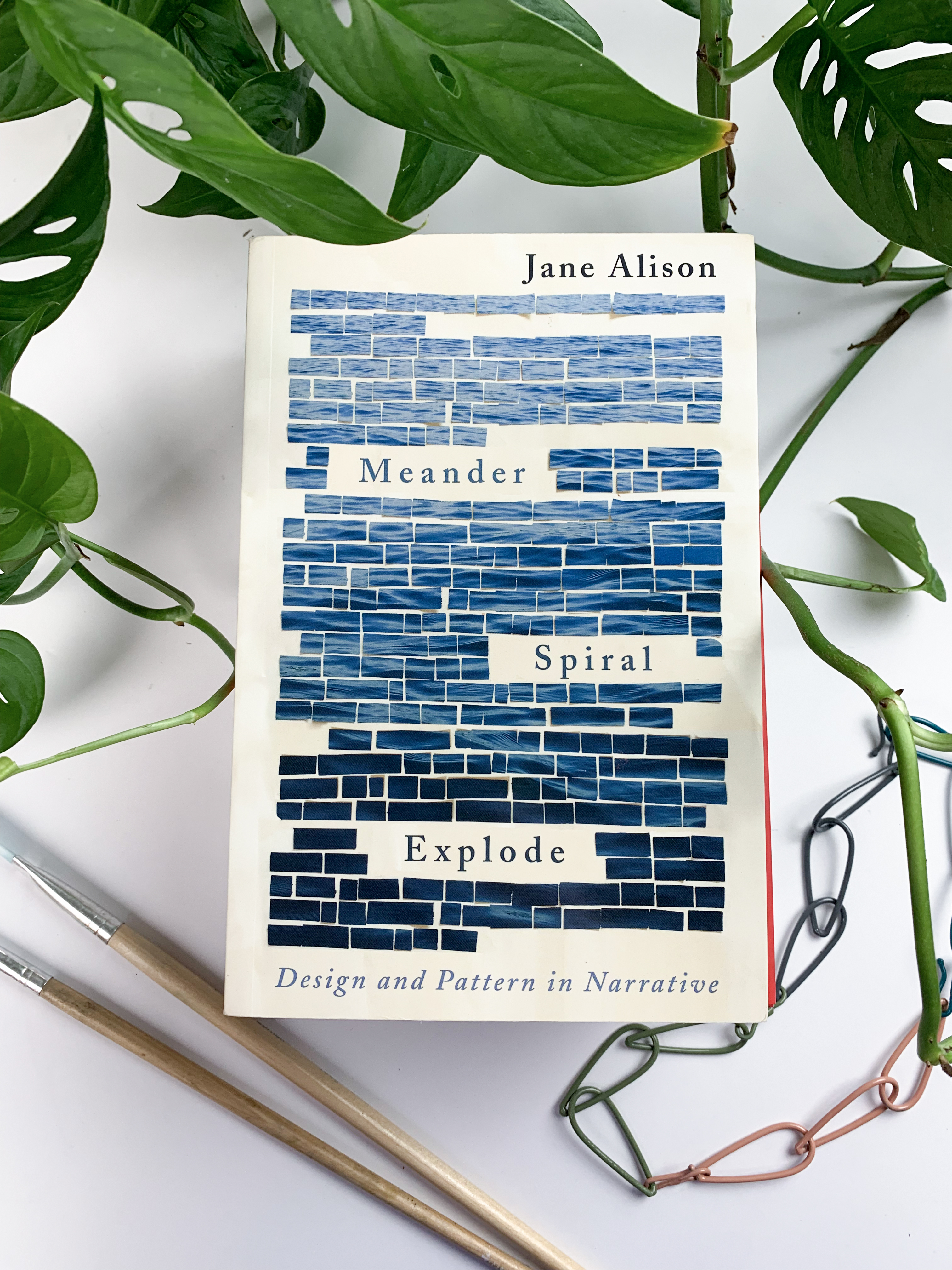
The other writing book I read this month to help me get unstuck was Meander, Spiral, Explode by Jane Alison. I had read this once before and love the premise – that there are more story forms than the simple swell and release, and that other natural patterns can also serve as story templates. The book focused on fiction, but the ideas in it can be applied to many other forms of writing, and it helped me to see some of the patterns I was using in my own book proposal.
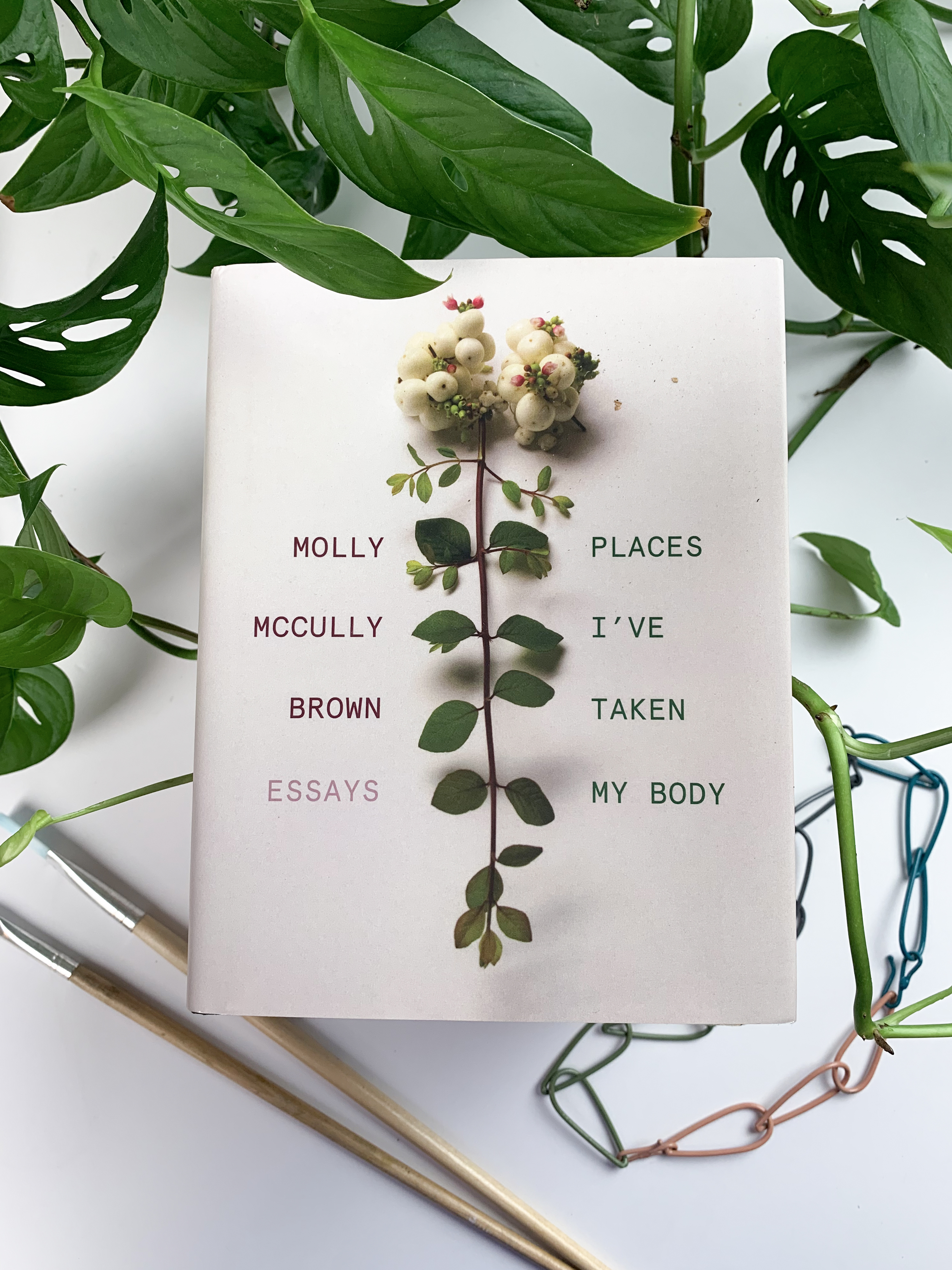
Last month, I made only my second trip to New York City since the pandemic started, and my first trip to one of my favorite places, Strand Books. While browsing the essay section (as I said, I’m on the prowl for good essay collections) I came across Places I’ve Taken my Body by Molly McCully Brown. It should come as no surprise that I’m frequently drawn to books with “body” in the title, and what I’m starting to find fascinating is how many of those books are about disability. McCully Brown’s essays focus on her experiences growing up, traveling, teaching, and writing as a woman with cerebral palsy. This book is less dense than Their Plant Eyes but still manages to pack in interesting insights about development and the senses along with McCully Brown’s personal experience.
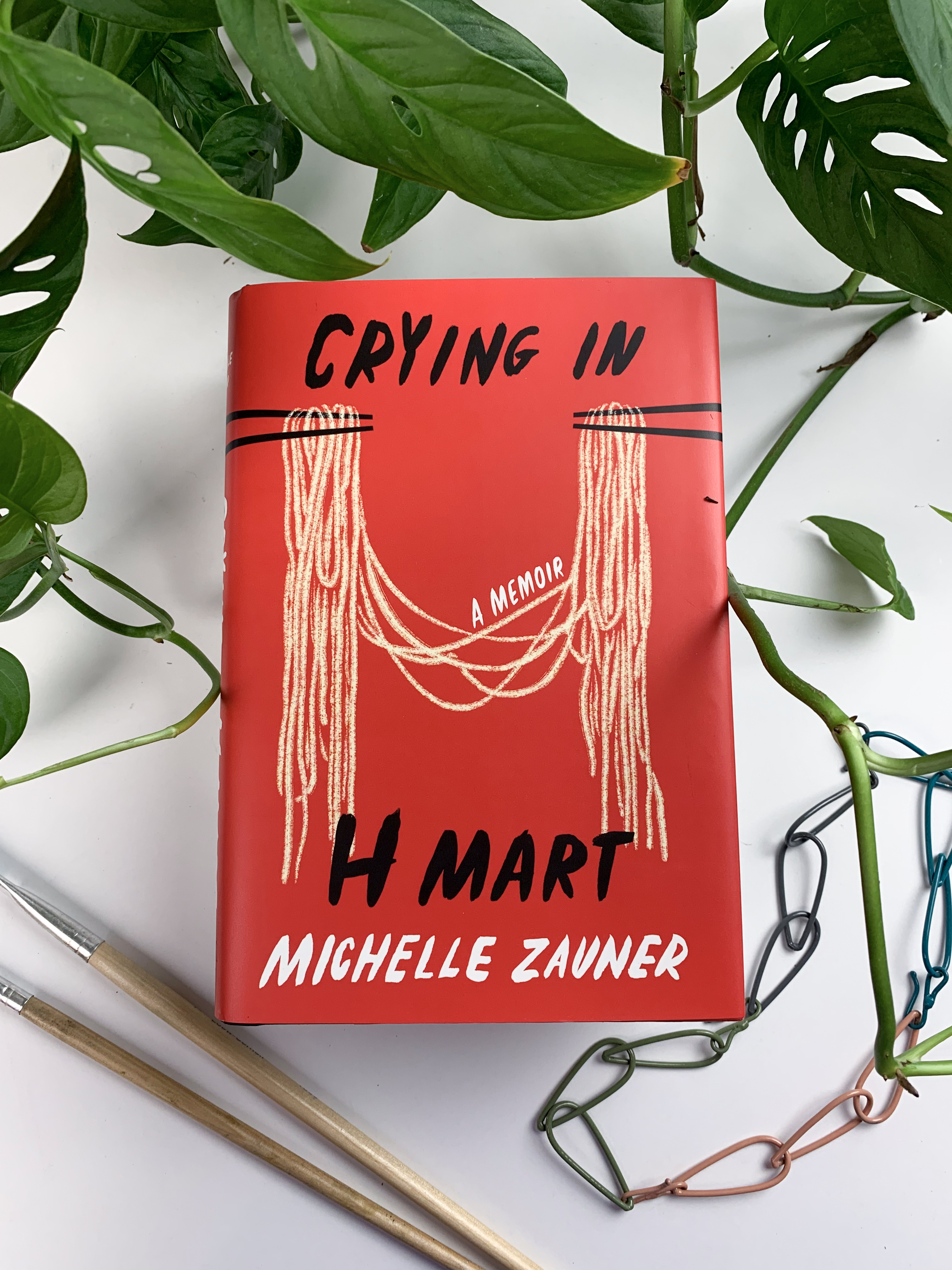
I was both intrigued and scared to read Crying in H Mart by Michelle Zauner. Intrigued because this book has consistently been popping up on must-read lists this year and scared because the book is about Zauner’s experience losing her mother to cancer, a subject that’s been difficult for me to stomach since my mother’s death. Still, since stories of my own grief are an integral part of my book proposal, I felt like I couldn’t ignore this one. I’ll admit I read the first part of the book at arm’s length as a form of emotional protection, but by the end, I was really drawn into Zauner’s story. This one might be a little too raw if you’re dealing with your own grief, but it really is a beautiful book about food, culture, music, and loss and a worthwhile read if you’re interested in any of those things.
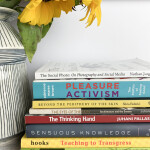
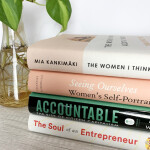
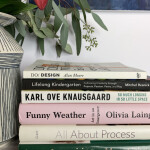
Already curious about your book!